Sierra Nevada Parque Nacional, is a mountain range between Granada and Almeria
By Nick Nutter | Updated 25 Aug 2022 | Granada | Parks |
Login to add to YOUR Favourites or Read Later
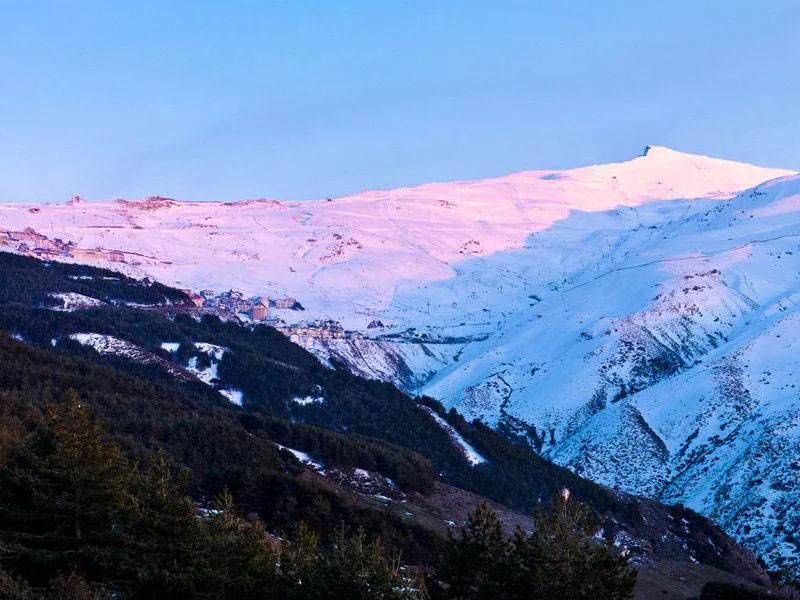
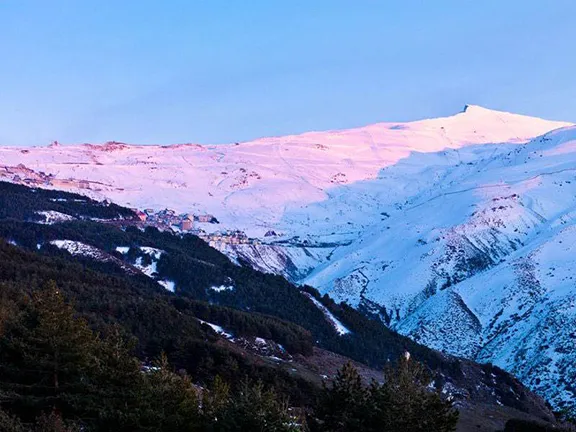
Sierra Nevada
Sierra Nevada, or Sulayr, Mountain of the Sun as it was called by the Muslims, rises between the provinces of Granada and Almeria like a giant and compact massif with fifteen peaks of over 3,000 metres, including the Mulhacén (3,482 metres), the highest point on the Iberian Peninsula.
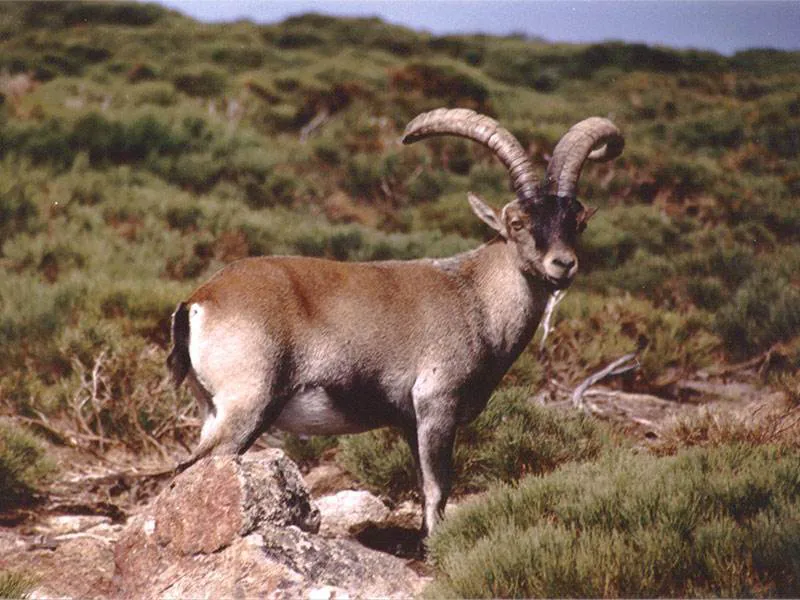
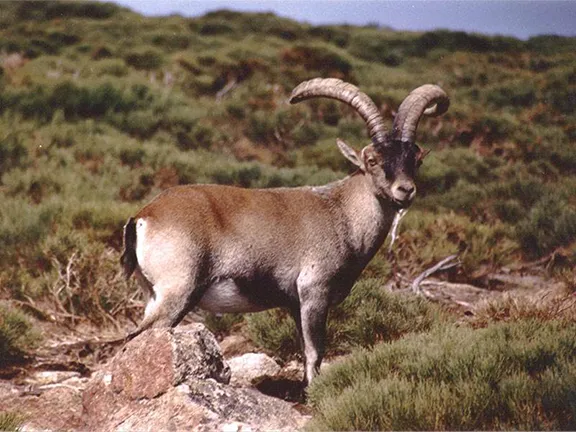
Capra pyrenaica
When seen from the north, from the Granada basin, it creates a spectacular horizon of hilly peaks marked by glacial erosion dating back to the Quaternary period. Sierra Nevada was the southernmost part of Europe to have permanent ice cover. The last permanent ice only melted in the 20th century AD. They hide a unique, spectacular landscape of deep valleys, cirques, lakes, lateral moraines and ridges, such as Laguna de la Caldera. The mountains have snow almost all year round, which melts in late spring to feed not only the many famous baths and spas, such as Lanjarón, but also an extensive, colossal and historic network of irrigation channels that run through La Alpujarr region; or the veritable spider's web of rivers and streams that form the backbone of eastern Andalusia, such as the Genil, Andarax, Guadalfeo and Guadiana Menor.
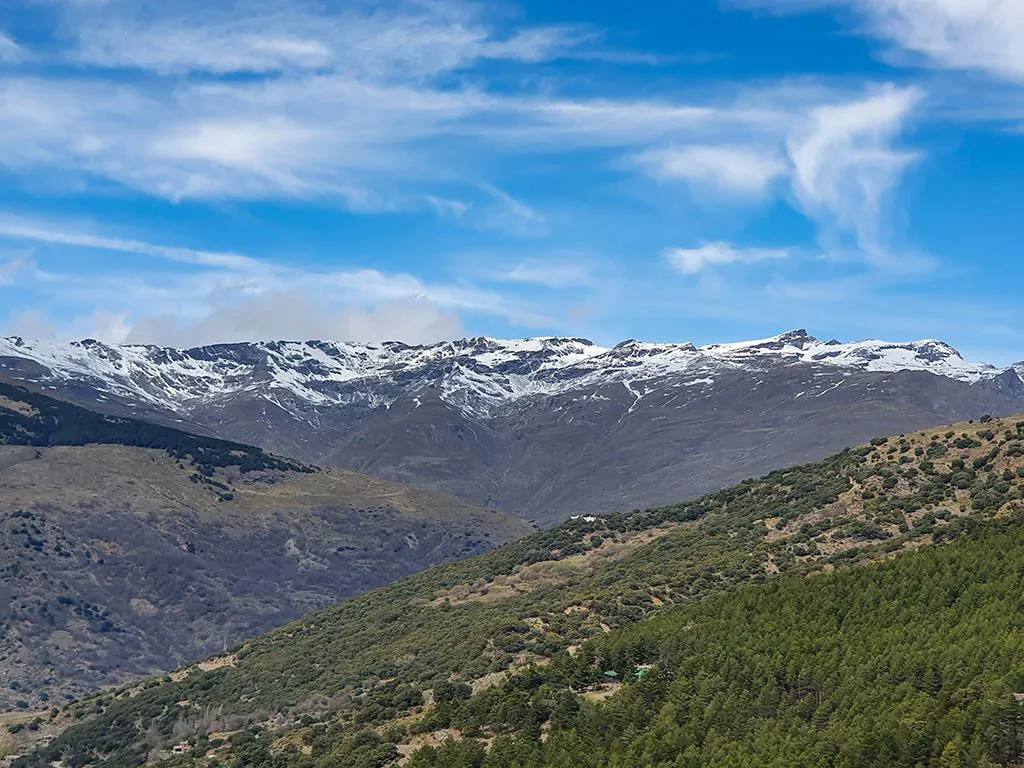
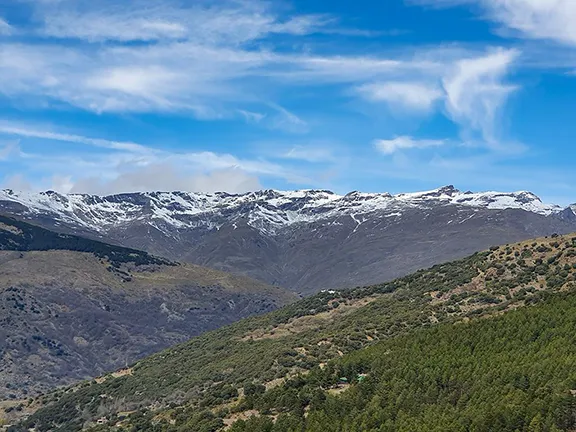
Pico Valeta - Luke Armour Hamilton
Sierra Nevada is a UNESCO Biosphere Reserve and is home to over 2,100 plant species, including the endangered Arenaria nevadensis, Laserpitium longiradium and yew. High in the mountains, you'll find plants that are perfectly suited to cope with the harsh conditions, such as junipers, broom and barberry, and many endemic species that shelter in cracks among the rocks, most notably the Sierra Nevada violet and Plantago nivalis(a local species of plantain), both of which can only be found in this region.
The area's rich biodiversity includes some 2,000 species of arthropod, 300 of which are unique to this massif, such as the Sierra Nevada cicada. Particularly noteworthy are the butterflies, including the Mountain apollo, the Sierra Nevada Blue and the Nevada Grayling.
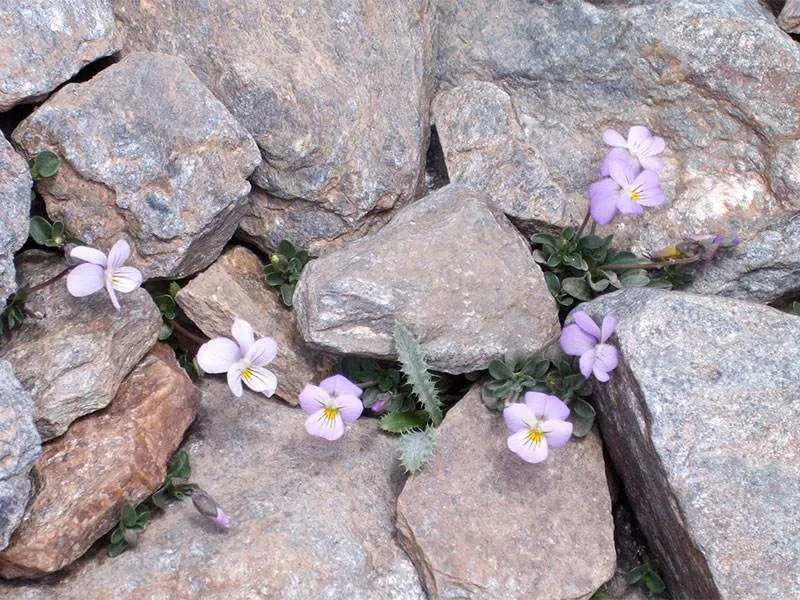
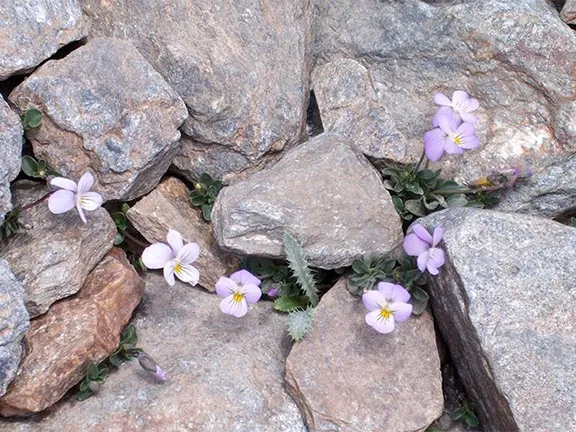
Sierra Nevada violet
The fauna high up in the mountains is especially unique and includes snow voles, alpine accentors, northern wheatears, Eurasian skylarks and black redstarts. The rocky crags provide a perfect habitat for rock thrushes, red-billed choughs and Spanish wild goats, while soaring high above you can spot golden eagles, griffon vultures and even partridges, who often dare to live at 3000 metres above sea level.
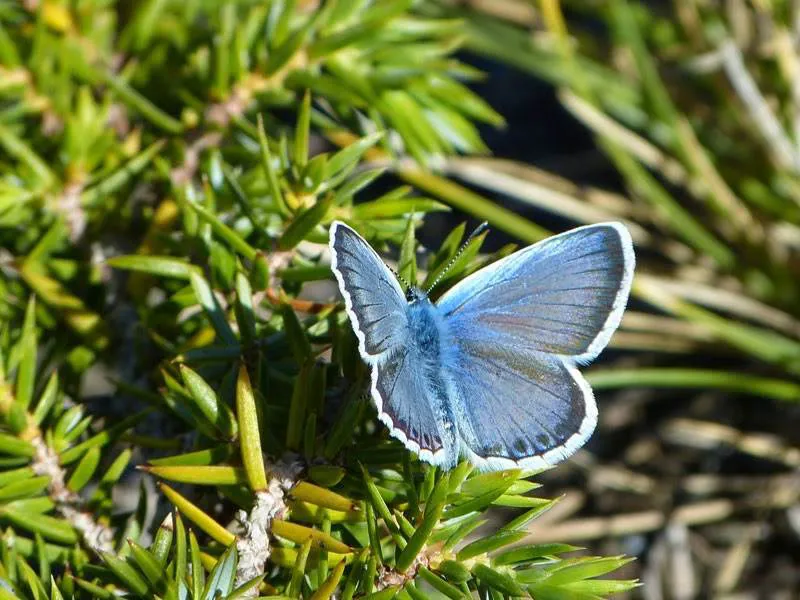
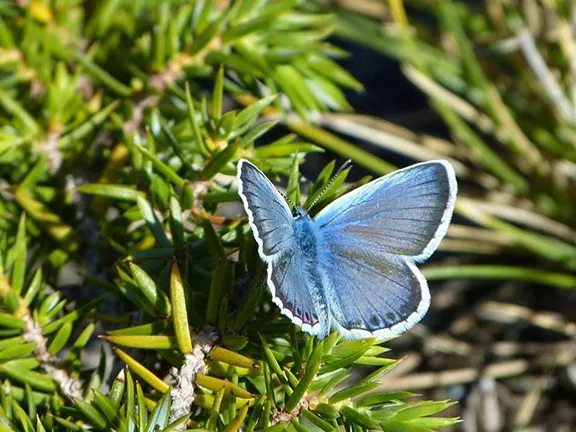
Sierra Nevada blue
Sierra Nevada has vast experience in all things related to tourism. Traditional activities associated with snow, hunting and fishing are now complemented by a spectacular array of hiking, mountaineering and mountain biking options, most notably the Sulayr trail (19 sections covering 300 kilometres on foot) and the Trans Nevada (8 stages covering 450 kilometres by mountain bike).
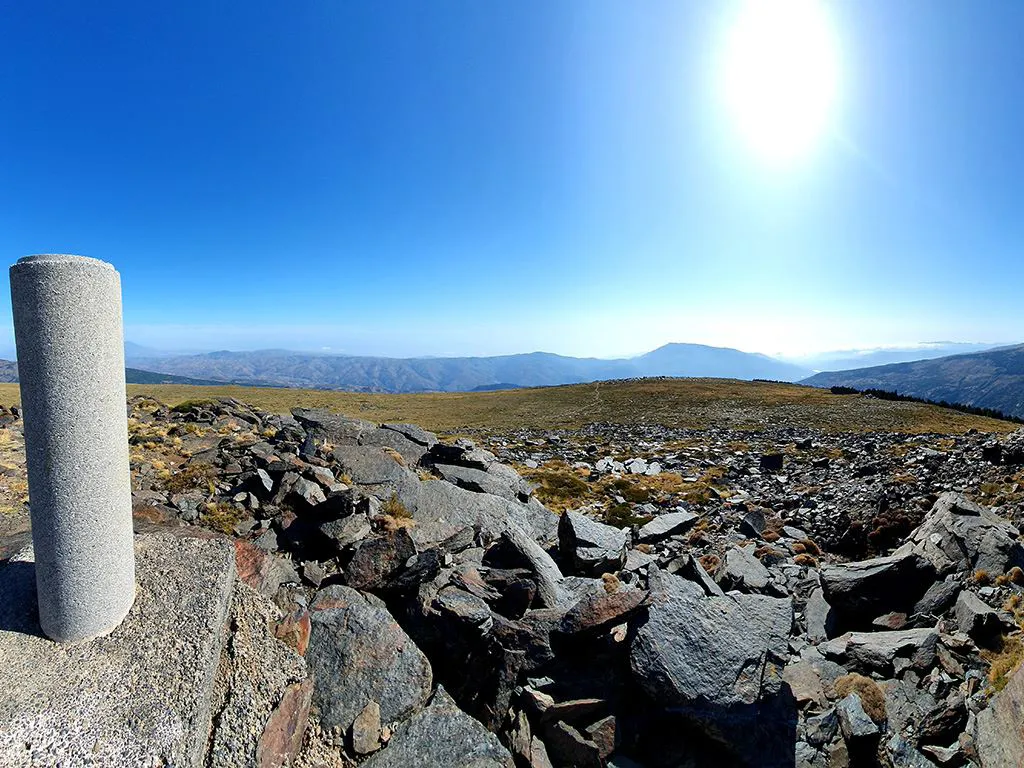
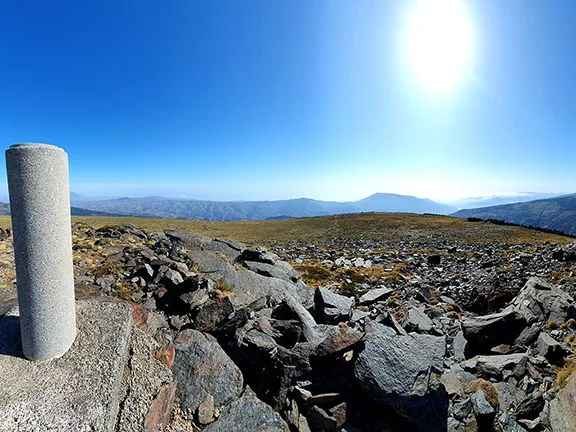
Sierra Nevada - Luke Armour Hamilton
In this natural space, there is also minibus-based High Peaks Interpretation Service, as well as interesting summertime activities carried out through the Ski resort. The latter encompass a tourist package called “Emotions, sensations, experiences”, which lets you explore astronomy, silence at altitude and the “forgotten” culture of this massif.